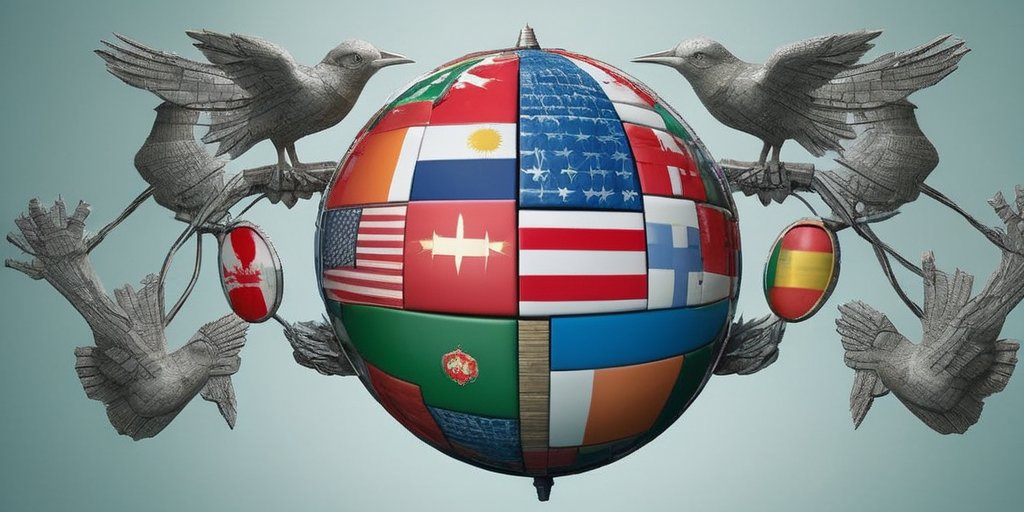Secretary of State Marco Rubio finds himself navigating a complex diplomatic landscape under President Donald Trump’s administration, amidst growing concerns about his influence compared to billionaire Steve Witkoff. Newly appointed as the special envoy to the Middle East, Witkoff has effectively expanded his responsibilities, engaging in high-stakes negotiations with Russia and mediating critical peace efforts.
Despite Rubio’s unanimous confirmation as Secretary of State, questions have been raised regarding his diminishing role, as Witkoff emerges as a prominent figure in Trump’s foreign policy narrative. Notable achievements attributed to Witkoff include the successful release of hostages and intricate negotiations pertaining to the ongoing war in Ukraine and hostilities in Gaza. Observers note that Witkoff, enjoying Trump’s full confidence, appears to operate with greater latitude, often overshadowing the traditional role of the Secretary of State.
In contrast, Rubio’s engagements have included diplomatic missions to Central America, the Middle East, Europe, and Canada, addressing key issues such as immigration and international relations. Despite foreign diplomats praising Rubio’s efforts, several sources indicate his discomfort with the evident minimization of his authority within the administration.
Rubio was aware of the precarious nature of the position when he accepted the role, fully cognizant of Trump’s propensity for abrupt personnel changes. Some believe his motivation stems from an ambition to enhance his credentials, potentially eyeing a presidential bid in 2028. Yet, the constant comparisons to Witkoff, who enjoys a friendly rapport with Trump and is frequently involved in pivotal negotiations, have cultivated speculation regarding Rubio’s future in the position.
Witkoff characterized his relationship with Rubio as collaborative, downplaying any clashes between the two. However, there remains apprehension regarding Rubio’s efficacy and influence, especially as major diplomatic crises linger. As the administration grapples with critical negotiations and complex international relations, Rubio continues to assert his capabilities, although concerns about his long-term viability as Secretary of State grow amidst a supportive but overshadowing counterpart.
In the backdrop of a tumultuous political climate marked by uncertainty and shifting power dynamics, the relationship between Rubio and Witkoff exemplifies the intricacies of Trump’s foreign policy team. With key decisions pending, how Rubio aligns himself with the administration and interacts with international counterparts will ultimately define his legacy as Secretary of State.
